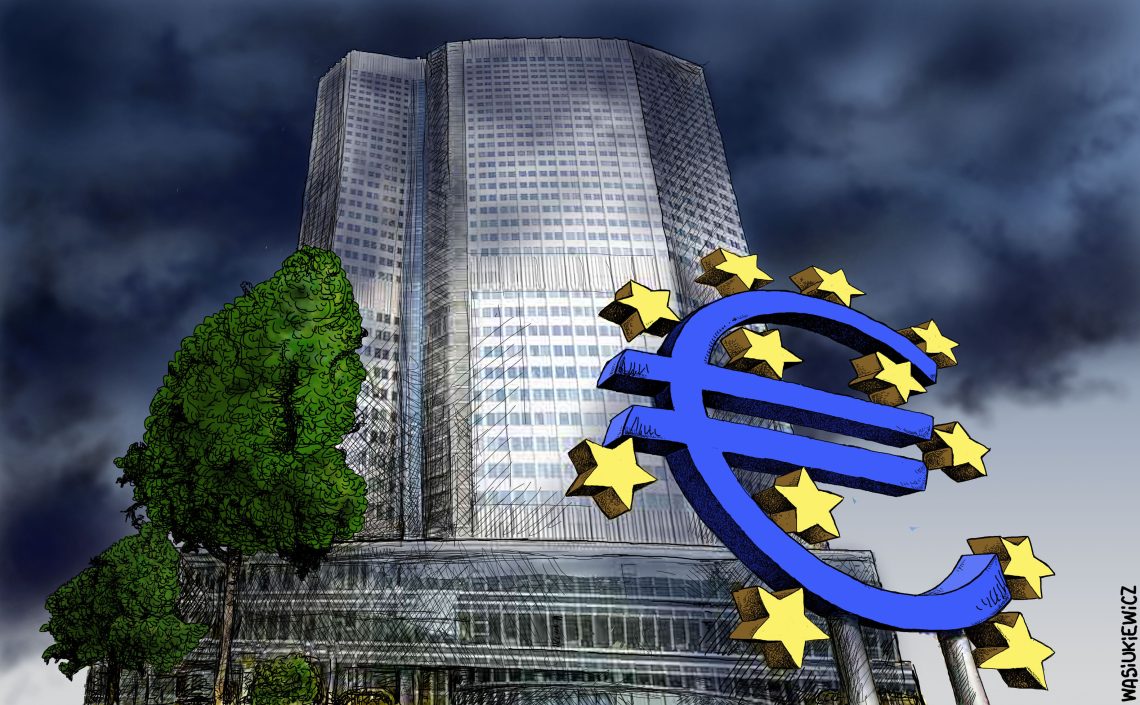Past policies haunt the European Central Bank
By keeping interest rates steady, the European Central Bank may be hoping to tackle the impact of its poor past decisions.

Last week, the European Central Bank (ECB) held a session where they chose to keep the key interest rates unchanged. This decision came as a disappointment to many who were hoping for a slight reduction, given that inflation seemed to be under control.
However, the situation may not be that straightforward. Across the eurozone, unions are advocating for significant wage increases, with some demands in Germany reaching double-digit percentages. The costs of these wage hikes will likely be passed on to consumers to a certain extent, unless they are balanced by an increase in labor productivity. Unfortunately, productivity gains in the eurozone have been modest at best, hovering around 1 percent in recent years, and it is unrealistic to expect a sharp improvement soon.
It seems the ECB is beginning to acknowledge the genuine risk of inflation.
In the longer term, these persistently high levels of debt and staggering public deficits – fueled by excessive administrative spending and inefficiency – will lead to monetary destabilization and create potent inflationary pressures.
It seems the ECB is beginning to acknowledge the genuine risk of inflation. The bank has been a significant enabler of public deficits through its extensive quantitative easing program, which contradicted its own guidelines. Now, it appears the bank is grappling with the consequences of its past actions.

